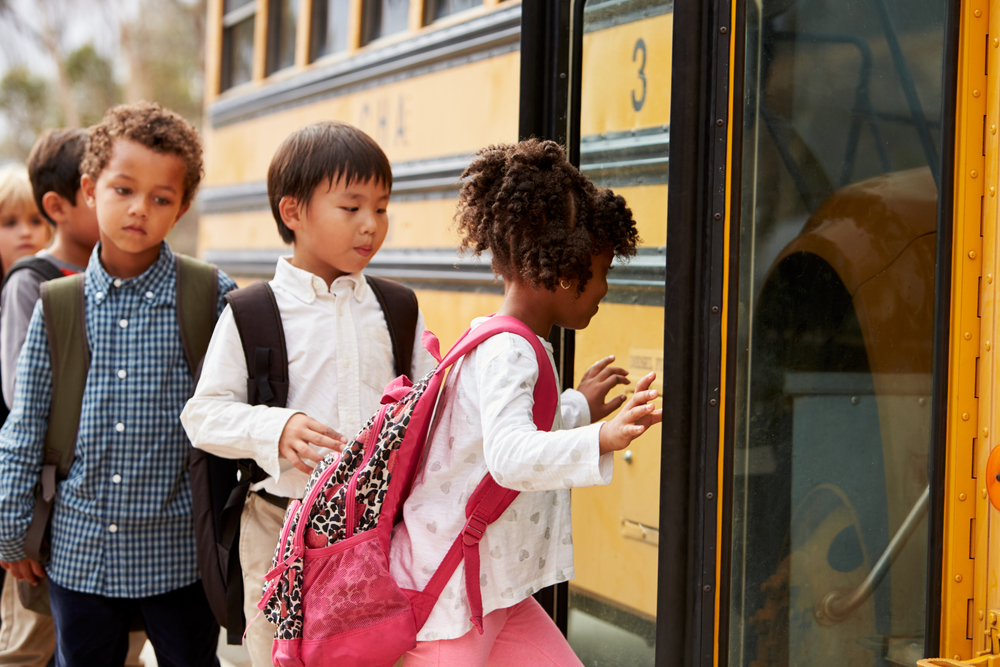
Now is the time to expand educational freedom in Georgia

Now is the time to expand educational freedom in Georgia
Key Points
- Georgia’s recent growth could be halted because it’s falling behind other states who are increasingly offering families more and more choices in K-12 education.
- Georgia lawmakers have another chance this year at passing ESAs.
- Georgia’s public schools are serving most families well — and public schools are the best option for most families in our state. But for some families, traditional public schools aren’t the best fit for their child’s needs.
Georgia is one of the fastest growing states in the country, and for good reason. But we imperil our ongoing growth if we fail to offer families the opportunity to choose a world-class education for their children. That means giving all students access to the right school for them — whether that’s a traditional public school, a public charter school, a private school, or a homeschool.
By falling short on this goal, Georgia risks falling behind other states who are increasingly offering families more and more choices in K-12 education. Two of the latest examples are Iowa and Utah.
In Iowa, Gov. Kim Reynolds recently signed a bill into law that creates Education Scholarship Accounts (or ESAs) for lower income Iowa families, allowing the money to follow the child to the best school for his or her unique needs. The program will be phased in over three years until it’s available to all families regardless of income.
Meanwhile, the state House in Utah approved a bill last week that would create a similar ESA, with dollars available for families to use for expenses like private school tuition, therapies, tutors, or other curriculum. That bill next goes to the state Senate.
Many Georgia parents are likely looking at families in Iowa and Utah and wondering, “Why can’t we get the same level of educational opportunity here?” It’s a good question. Year after year, lawmakers in the Georgia General Assembly have considered passing our own version of an ESA, but each year the measure has fallen short.
In the current 2023 session, lawmakers have another shot at passing ESAs and it’s well past time to make them a reality. The biggest argument against ESAs is that they will hurt traditional public schools. This couldn’t be further from the truth. We believe that when families are well served by our K-12 education infrastructure, all schools will benefit.
Georgia risks falling behind other fast-growing states unless we address the need to offer a truly diverse set of educational options.
Georgia risks falling behind other fast-growing states unless we address the need to offer a truly diverse set of educational options.
The bottom line is that Georgia’s public schools are serving most families well — and public schools are the best option for most families in our state. But for some families, traditional public schools aren’t the best fit for their child’s needs. And in many cases, those schools will never be the right fit due to challenges and needs that can’t be met at those schools.
That’s why more options are needed. Georgia risks falling behind other fast-growing states unless we address the need to offer a truly diverse set of educational options. Let’s make 2023 the year that progress happens.







